Second of two parts. Part one is available here.
Tariffs are a prominent feature in the current U.S.-China trade war, but they form just one front in a battle that’s also targeting Chinese technology companies, drone makers, and a railcar manufacturer.
The latter firm, on the receiving end of Congress’s enmity, is state-owned CRRC Corp.
Created in 2014 by the merger of two large Chinese rail-equipment manufacturers, CRRC has quickly become the world’s largest rolling stock supplier. With $30 billion in revenues and 180,000 employees, it is a Fortune Global 500 company with U.S. assembly plants in Chicago and Springfield, Mass. It’s adding another in City of Industry, Calif.
CRRC won contracts to supply up to 846 cars to the Chicago Transit Authority, 45 bilevel cars for the Southeastern Pennsylvania Transportation Authority, as many as 282 subway cars for LA Metro, and 404 cars for the Massachusetts Bay Transportation Authority. Montreal’s Exo commuter rail has ordered 44 double-decker coaches.
But it was CRRC’s bid on a contract for 256 railcars for the transit system serving the District of Columbia, the Washington Metropolitan Transportation Authority that drew the attention of lawmakers.
With support from both sides of the aisle and both houses of Congress, proposed legislation would prohibit transit agencies from using federal funds to buy rail cars or buses manufactured by Chinese companies. The bill, known as the Transit Infrastructure Vehicle Security Act, is gaining momentum in the House and Senate.
It’s driven by fears that China would be able to monitor passengers that could include Pentagon and other government officials, or have the ability to seize control of trains through a technological backdoor.
Washington-area senators threatened to block funding for WMATA unless it agreed not to buy from the Chinese firm. [See “DC Metro funding bill would block purchase of Chinese equipment,” Trains News Wire, April 15, 2019.] The agency subsequently modified its bid specifications, requiring the winning bidder to have its hardware and software certified by a federally approved third party.
The senators’ concerns come amid a worrying backdrop. ZD Net recently reported that state-backed Chinese hackers have been targeting U.S. engineering and transportation companies since 2013.
IBM says that transportation is among the top five most-attacked industries. Though not linked to China, hackers have hit the San Francisco Municipal Transportation Agency, Sacramento Regional Transit, and the Colorado Department of Transportation. Deutsche Bahn, British Airways, and Rail Europe have all been victims of cyberattacks. None of these involved threats to operations, however.
“Just Part of the Competition”
Leading the charge against CRRC in Washington is the Rail Security Alliance. Erik Olson, the group’s vice president, alleges the firm can underbid competitors because it is “subsidized by the Chinese government.”
Appealing to nationalism, Olson says, “Federal taxpayer dollars should not be flowing back to China,” and adds that competing railcar manufacturers are from “allied countries.”
CRRC won four key bids, but lost a $600 million contract to supply 127 trainsets to the Metropolitan Atlanta Rapid Transit Authority and a $3.2 billion contract for the New York Metropolitan Transportation Authority.
Marina Popovic, legal counsel for CRRC Sifang America, the company’s Chicago subsidiary, tells Trains, “We’re just part of the competition and want to remain part of the competition.”
To fulfill its contract with the Chicago Transit Authority, CRRC built a $100-million, 380,000-square-foot plant on Chicago’s South Side, where 78 workers are currently assembling 10 prototype 7000-series railcars. Popovic says that when the plant goes into full production, employment will number “in the hundreds.”
Many will be union workers, as the company signed collective bargaining agreements on March 1, 2019, with the International Brotherhood of Electrical Workers and with SMART, representing sheet metal workers. CRRC “wanted to bring the manufacturing business back to Chicago,” says Popovic.
Although the railcar shells are fabricated in China, high-value components are sourced in the U.S. for 70% American content. The company provided data to Trains showing it has 40 U.S.-based suppliers, including Wabtec, Siemens, and Knorr Brake Company.
Additional support for the anti-CRRC bill comes from the Alliance for American Manufacturing. Its membership includes the United Steelworkers union, which is also a key member of the Rail Security Alliance.
Olson tells Trains News Wire that no Class I railroad is a member of the RSA. Formed three years ago, he says, “We were founded mainly by the freight industry and its suppliers.”
As outlined in a study published by the organization, written by retired U.S. Army Brig. Gen. John Adams, the group’s greater concern centers on America’s freight car manufacturers. The report contends that CRRC used underbidding and other tactics to displace Australia’s domestic railcar manufacturers, and that the same could happen here.
CRRC briefly entered the U.S. freight car business in 2015 through a joint venture with Vertex Rail Technologies, which had taken over a former Terex Corp. plant the previous year. [See “Vertex Rail to assemble tank cars in North Carolina,” Trains News Wire, Nov. 13, 2014.] The factory closed in 2018, and CRRC is not currently manufacturing freight cars in the U.S.
The RSA study depicts a frightening future where China would have “early and reliable warning of U.S. military mobilization and logistical preparations for conflict” and warns that gaining intelligence about freight car movements could “provide China with a destabilizing economic competitive edge.”
Olson asks, “Do we want the Chinese government having a bird’s-eye view because of all the technology that’s on freight cars now?”
To get its message in front of Congress and the administration, the group spent $640,000 lobbying last year, according to the Center for Responsive Politics. More than half a million of that came through Venn Strategies, a DC-based government affairs firm where Olson is listed as a principal and chief operating officer.
The Alliance for American Manufacturing put $730,000 into lobbying Washington in 2018.
Risks to Global Economy
While alarmist rhetoric plays well inside the Beltway, “issues around unfair trade and national security seem to be getting conflated,” says Robert Puentes, president of the Eno Center for Transportation.
Downplaying hacking concerns, he notes that transit agencies conduct inspections and retain independent third-party vendors to vet rail hardware and software. A more helpful role for the federal government would be to provide resources for these agencies to step up their ability to conduct cyber audits and inspections, he says.
Asked about cybersecurity concerns, Popovic notes that it is an issue for any railcar manufacturer, not just CRRC. She says they are meeting with cybersecurity experts and that CTA will have inspectors on site during the assembly process.
Puentes also points out that when CRRC delivers railcars at a lower cost, it’s “a boon to these [transit] agencies and to the taxpayers.”
“The real issue is the economic one around unfair trade and what the Chinese government has said is their very clear economic ambition to dominate the world’s railcar market,” Puentes says.
He’s referring to the country’s “Made in China 2025” plan that targets 10 advanced-manufacturing industries it wants to dominate. Number 5 on the list: high-end rail transportation equipment.
Wall Street, U.S. corporations, and economists worry that trade frictions between the world’s two largest economies could easily get out of hand.
Tariffs and blacklisting of offshore vendors can disrupt established, efficient supplier networks.
“It’s a huge economic negative,” warns Gary Hufbauer, an economist with the Peterson Institute for International Economics. He foresees a “slowdown in the world economy” if President Donald Trump goes through with his threat to add another $300 billion worth of goods to the tariff list.
President Trump said on Twitter last week that he had a “very good telephone conversation” with Chinese president Xi Jinping. The two will meet this week at the G20 summit in Osaka, Japan — at Trump’s request, according to China state media.
But disputes between the two nations are many, and the last time the two met, the talks broke down with each side blaming the other and threatening further escalation of the trade war.





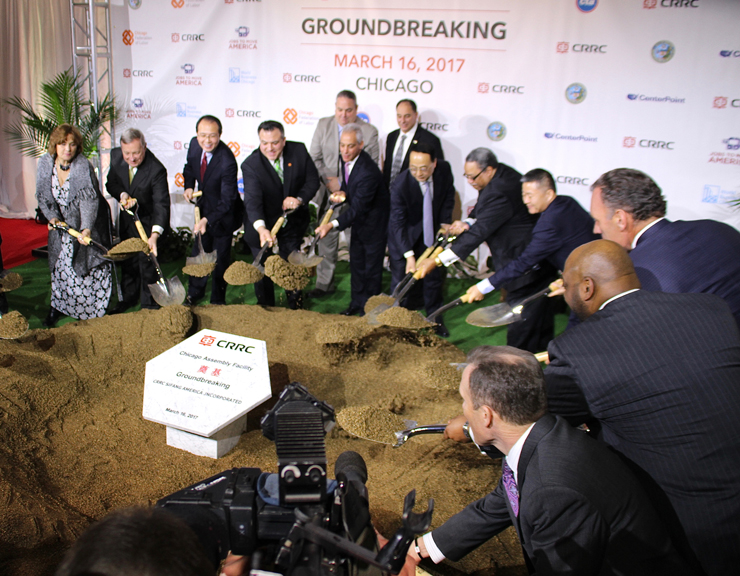
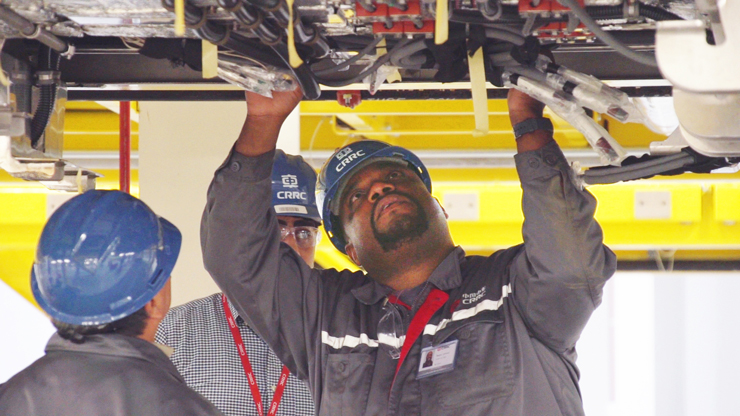

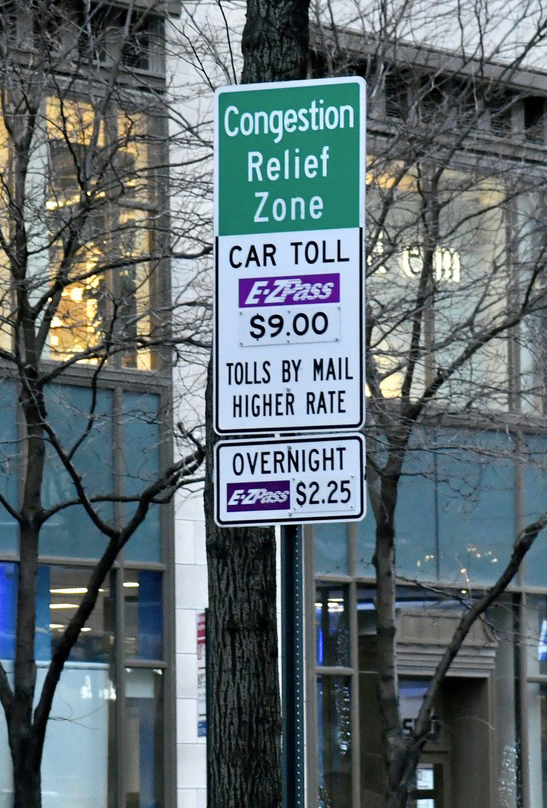
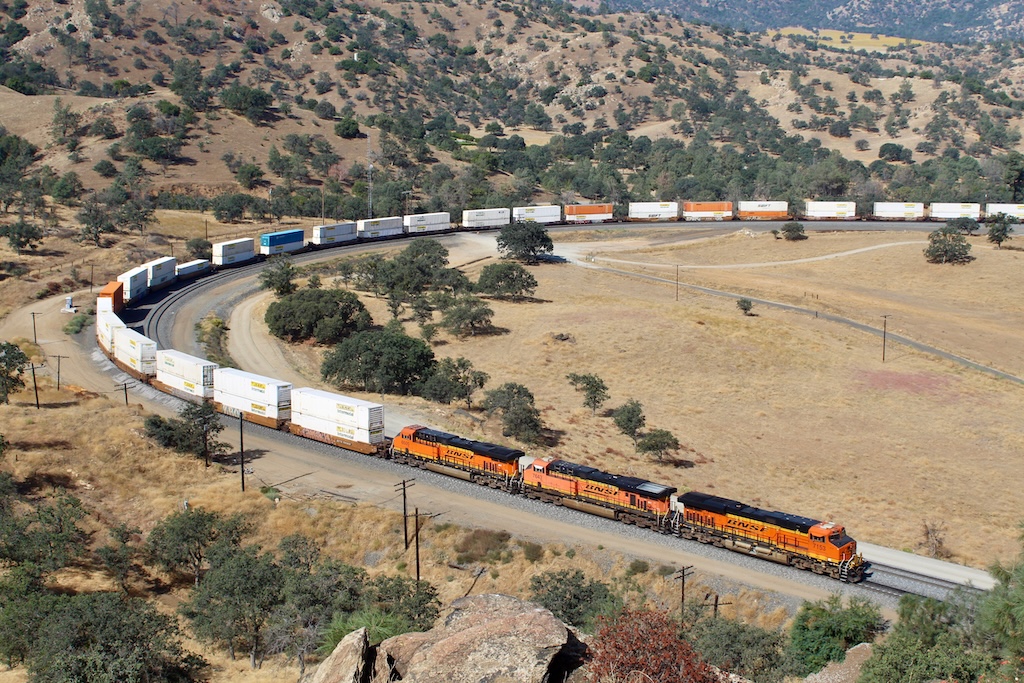
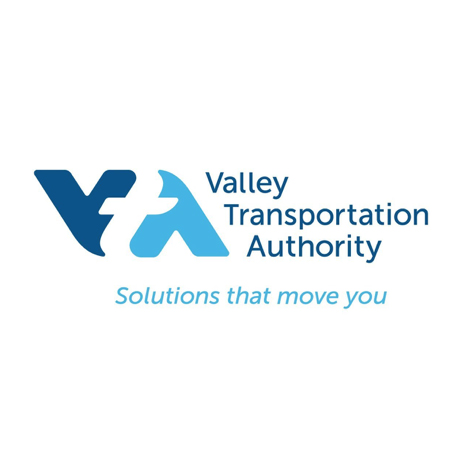
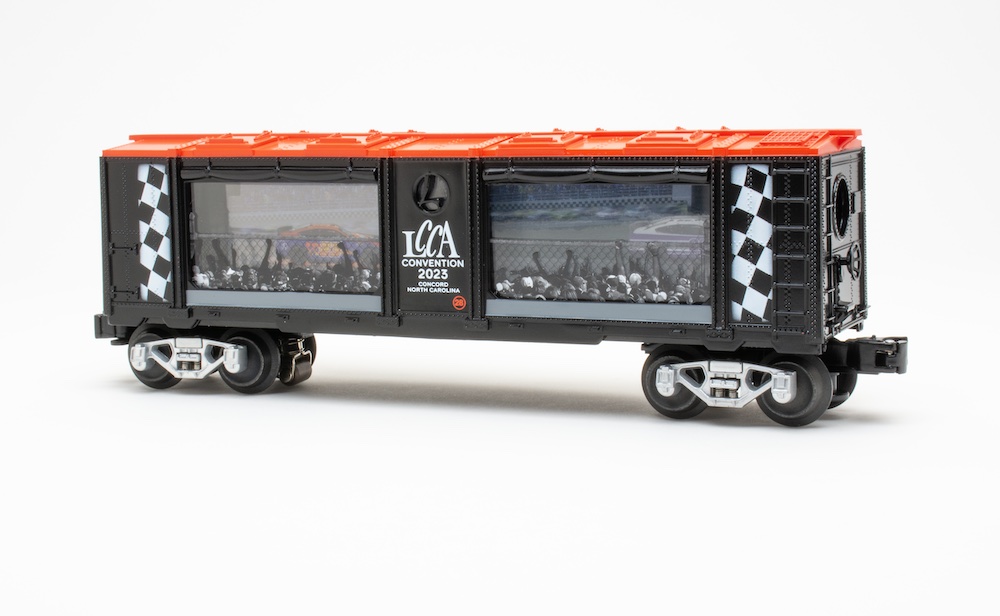




That bit about freight cars providing a critical national security advantage to China doesn’t pass the laugh test.
The railroads don’t even accurately have that information. It was not long ago that a rail customer called me asking if I had seen his cars – they’d been spotted arriving at the regional classification yard but hadn’t made it to their siding.
Many years ago when the Pullman Co. had to give up production in the plant not far from the new CRRA plant in SE Chicago; any thought of government subsidies to keep the skilled workforce employed until the next order would have been seen as welfare for union types.
The Rochelle plant was also owned by a Japanese company and CAF USA ain’t based in Iowa.
Where was this outrage when every manufacturing town in the US lost jobs to China which is still a Communist country.
Cheap junk at Wal Mart is what keeps a middle class family from thinking about things like the minimum wage not changing since the 70’s or many folks who have not even had a cost of living raise in years while the post 2008 stock market reaches new highs daily.
I would rather have a CTA car with a built by Budd or Pullman plate than CRRA; but we made our bed; which is also partially made in China so sleep well.
Reminds me of the time a few years ago when I bought a new American flag from Lowe’s who’s box proudly stated “MADE IN AMERICA” only to read the fine print that stated the flag was made in America; but the pole and mount where made in China.
Yes, but absolute power ROCKS absolutely! Never had it myself, maybe that’s a good thing…
Excellent reporting.
What Lord Acton DID say, and remember this when you think of the Chinese government…
“And remember, where you have a concentration of power in a few hands, all too frequently men with the mentality of gangsters get control. History has proven that.”
And the classic…
“Power tends to corrupt. Absolute power corrupts absolutely.”
Unsurprisingly I occupy a middle ground here because I tend to reject overly simplistic black/white arguments in a world of complexity. While I tend to agree with Herb Wildman and Mike Friedman on the paranoia and jingoism point, China really does subvert and unfairly exploit free trade (which I support) with currency manipulation and theft of intellectual property. As for cybersecurity, I agree it’s a bit of a red herring *today* for CTA cars, but as we increase the penetration of tech into train control and tracking/monitoring in the “Internet of Things” (IoT) model, even freight cars can be points of attack. The current administration (as well as the previous one) is 100% correct to restrict the use of Huawei telco infrastructure for example. And I would personally never purchase a Huawei personal electronic device.
If the cost of a new entry into an established industry is too high then how did CRRC do it? With the backing of their government of course. Where were they 10-15 years ago? I say industry should and could return to this country and reduce the current flow of U.S. dollars out of this country. Until that happens doing business with our allies is much preferred to doing business with adversaries.
Actually, it was Samuel Johnson who said “Patriotism is the last refuge of a scoundrel.”
However, according the the British biographer Boswell Johnson was referring to FALSE patriotism, not the general article.
yes,we dont want a world war started because china delayed the 8.15 from plodunk.
I am reminded of the 19th century remark by Lord Acton; “Patriotism is the last refuge of a scoundrel.” Paranoia masquerading as patriotism is little better. The fact is, we as a nation abandoned the field to foreign concerns. As noted in an earlier post, pick your poison from European or Asian concerns. For the same reasons GE/WABTEC dominates the heavy haul market, CRRC dominates transit. The cost of entry into a market dominated b y an established manufacturer is simply too high. Would we rather have a Budd or Pullman Standard or St. Louis car making these products”? Of course. But it’s just not going to happen. The best we can hope for is components and lots of them.
Security? That’s up to us. If we’re not astute enough to deal with it, shame on us. It should be part and parcel of the manufacturing process.
If you want your money spent in the US, then it will have to be with foreign suppliers because no American company has manufactured subway and rail cars since the 80s closure of Pullman and Budd. Choose French (Alstom), Canadian (Bombardier), German (Siemens), Japanese (Kawasaki), Spanish (Talgo) or Chinese.
This all strikes me as masses of paranoia and jingoism. Listening in on conversations on a moving subway train? Come on. These folks have been watching too many Jason Bourne movies. I’ve worked in IT for 30 years and that’s just not feasible. Maybe someday, but not now.
In each of the photos I see American workers working jobs in the USA. Dosnt matter what company eventually wins the bid it will be the same people in those areas getting the jobs and contributing to the American economy.
No beating around the bush with secondary concerns. I want taxpayer (my) money spent in the U.S. Will it cost a little more? Sure. But why would anyone want to send our money to a country that wants to financially destroy us? Some jobs may be here and some parts sourced but the profits will still go to China.
In order to make any system cyber secure you would need to have zero components made in China. On top of that it would have to be a completely restricted access system where no employee but technical staff can plug into any of the vehicles electronics. Most instances of cyber security failures are caused by human error allowing access to a system.
Next you have a trouble with quality of the product made by many manufacturers that fail crush and crash tests and delivery of product has been delayed for years.
Seems to me that if cybersecurity is the concern, the metal bending and running gear and interior furnishings and non-digital electricals can remain CRRC, just not any digital electronics or software.
And for freight cars or intermodal containers (yup those are made in China too) – at least until ECP brakes are seen as providing value – that’d be 100% CRRC sourced.
I retired back in December from a job with a copier company, won’t say which one. Even though the company was Japanese many of their components, including circuit boards, were made in China.
I can state most definately that for US Government contracts NO circuit boards in the machines, or their individual components, could be Chinese products, they HAD to be Japanese.
The company had no problem with that.